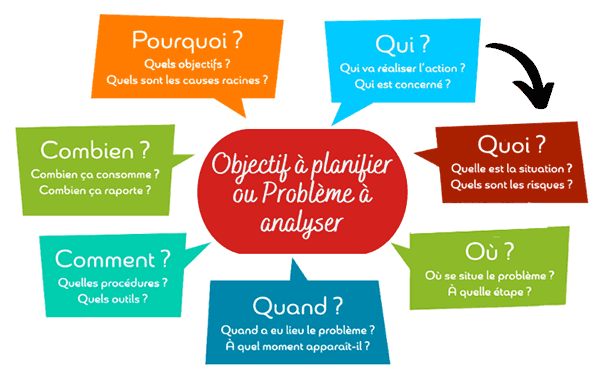Ikigai is a Japanese concept that can help you access mental well-being, essential for long-term health.

“Health is a state of complete physical, mental and social well-being, and not merely the absence of disease or infirmity.” This affirmation is one of the principles set out in the preamble to the Constitution of the World Health Organization (WHO). “Mental health is not only defined by the absence of mental disorder, adds the organization. It is a complex reality that varies from one person to another, with varying degrees of difficulty and suffering and social and clinical manifestations that can be very different.”
But how can you preserve your mental health? What is the path to achieving happiness? Let’s explore the trail of ikigai (生き甲斐), a Japanese philosophy that helps give meaning to one’s life.
Ikigaï: “what makes me want to get up every morning”
The concept of ikigai comes straight from Okinawa, the Japanese archipelago known for the impressive number of its centenarians still alive. It could be translated into French as: “what makes me want to get up every morning”. Living in accordance with your ikigai would strengthen your well-being, by being an actor in your own development.
Well-being: reduce stress by finding your ikigai
Ikigai is unique to everyone. While it may make sense to some people, others will need more time to find it, sometimes even a large part of their lives. To achieve this, it is necessary to play the game of introspection to get to know yourself. Indeed, ikigai is based on four key elements: passion (what we like to do on a daily basis), vocation (what we are naturally gifted for), life mission (finding how to make a contribution the building to the world, to society), the profession (finding a job in accordance with one’s values in order to be able to make a living from it). The intersection of these components allows you to find balance and harmony on a daily basis, thereby reducing stress and anxiety in order to preserve your mental health.
Stress increases the risk of heart disease and depression
95% of French people are stressed or anxious, according to an IFOP survey in 2023, and 24% are because of work. When it persists, stress can lead to numerous mental disorders such as anxiety, depression, burn-out, but also physical disorders such as an increase in cardiovascular risk, headaches, back pain, neck pain, or even gastrointestinal problems.


















